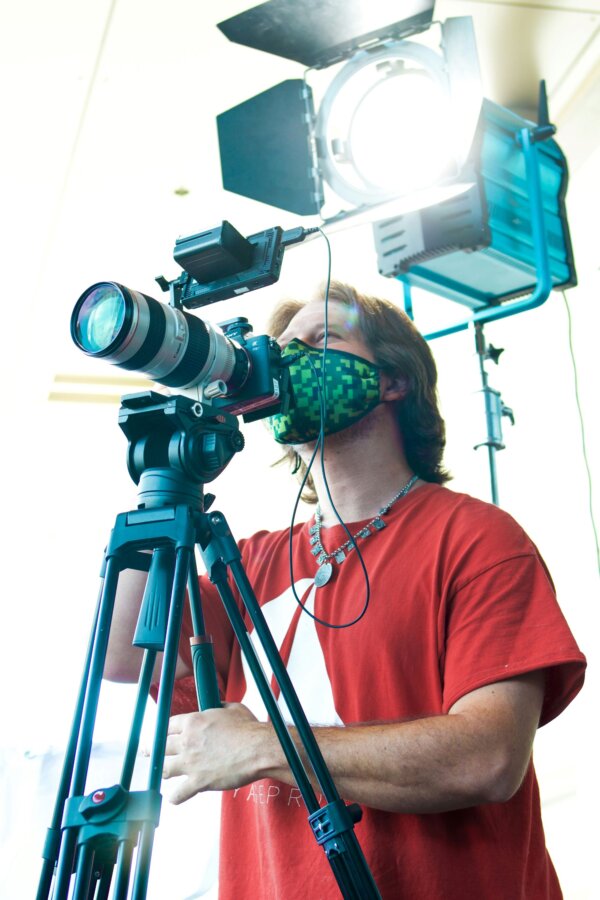Specsavers: UK Intellectual Property Office approves “SHOULD’VE” trade mark application
Written by Éamon Chawke | August 31, 2016
Earlier this month, the UK Intellectual Property Office published a trade mark application made on behalf of Specsavers B.V. for the word “SHOULD’VE” / “SHOULDVE”. The company has had trade mark protection for its well-known marketing phrase “SHOULD’VE GONE TO SPECSAVERS” for over a decade.
It would not be the first time that trade mark protection was granted to a company in respect of a single word or very short and simple phrase. For example, McDonalds has trade mark protection for the phrase “I’M LOVIN’ IT”, Nestle has protection for “HAVE A BREAK” and Carlsberg has trade mark protection for the word “PROBABLY”.
If successfully registered, this trade mark would grant Specsavers B.V. a monopoly over the use of the word “SHOULD’VE” / “SHOULDVE” when used in conjunction with the goods and services covered by the application (classes 9, 10, 16, 35 and 44).
Third parties have until 12 October 2016 to oppose the application if they wish to do so (or to indicate their intention to oppose, which would extend the opposition deadline to 12 November 2016). If opposed, it is expected that Specsavers B.V. would vigorously defend this application. In 2014, Specsavers B.V. won a six-year trade mark dispute with Asda concerning the use of an oval shaped logo.
Briffa comment
A few points to note —
First, trade marks are valuable assets. The “SHOULD’VE” / “SHOULDVE” trade mark would grant Specsavers B.V. a powerful monopoly over the use of the words in respect of a broad range of goods and services. This monopoly would, for example, empower Specsavers B.V. to challenge a third party’s use of the words “SHOULD’VE” or “SHOULDVE” as part of a domain name, Twitter handle or other social media address.
Second, use over time is important. Under normal circumstances, it would be quite difficult to obtain a trade mark for a common word. However, where an association has been created (through use over time) between the common word and a particular company, product, service, brand etc., trade mark protection may be possible (e.g. an association has been created between the word “SHOULD’VE” and Specsavers, and between the word “PROBABLY” and Carlsberg, through use over time). Clients wishing to pursue a trade mark application for a common word should always consider their use of the word over time when assessing the likelihood of a successful application.
Third, publication is only half the battle. Specsavers B.V. has overcome the first obstacle with its trade mark application by passing the UK intellectual property office preliminary examination stage. However, Specsavers B.V. is not own of the woods yet. Problems frequently arise during the opposition period and quite often the majority time and money is spent either defending the application or negotiating coexistence. Clients wishing to pursue a trade mark application should always consider potential opponents and potentially conflicting trade marks at the outset in order to assess the likelihood of a successful application.
Briffa advises on contentious and non-contentious trade mark matters and assists its clients with trade mark applications, opposition proceedings, cancellation proceedings and infringement disputes in various jurisdictions around the world through its network of international agents. If you have any queries or concerns regarding your trade mark portfolio or brand management generally, or if you would just like some general advice, please do not hesitate to contact us.

